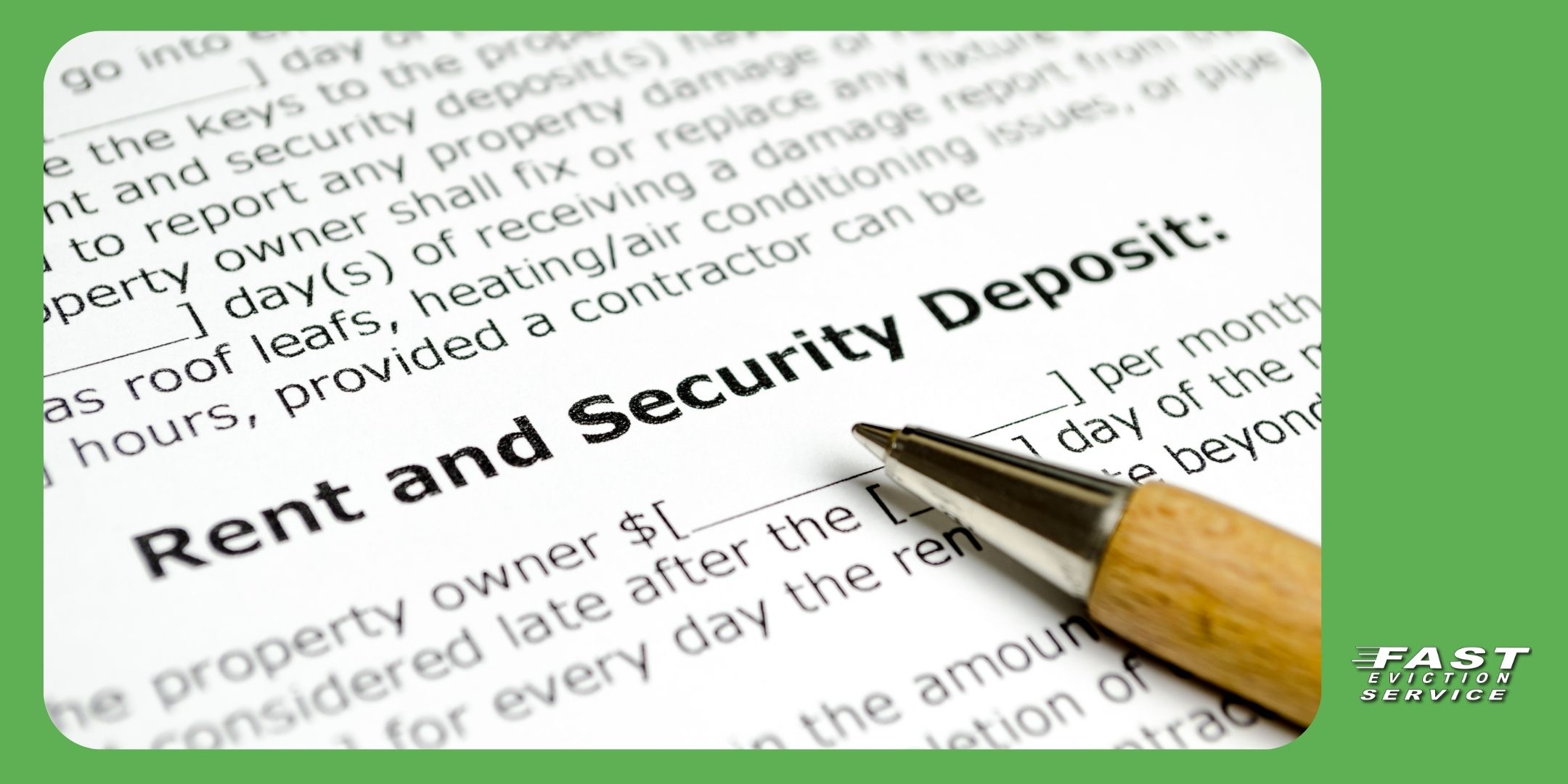Updated 6/18/24
Governor Gavin Newsom recently signed AB 12 into law, a significant legislative move authored by Democrat Assemblyman Matt Haney. This new law brings noteworthy changes to the regulations governing security deposits for residential rentals in California, aiming to make housing more affordable and accessible for tenants across the state. The key provisions of AB 12 are set to take effect on July 1, 2024, and will significantly alter the financial landscape for both landlords and tenants.

Key Changes Introduced by AB 12
Reduction in Security Deposit Limits
One of the most impactful changes under AB 12 is the reduction in the amount landlords can demand as a security deposit:
- Previous Regulations: Before AB 12, landlords were permitted to collect up to two months’ rent for an unfurnished unit and up to three months’ rent for a furnished unit as a security deposit. This meant that tenants often had to save a substantial amount of money before moving into a new rental property, which could be a significant financial burden.
- New Regulations: Starting from July 1, 2024, landlords will be limited to demanding a security deposit equivalent to only one month’s rent for any residential rental unit. This change is expected to lower the upfront costs for tenants, making it easier for them to secure housing.
Collection of First Month’s Rent
- In Addition to the Security Deposit: Landlords are still allowed to collect the first month’s rent from a prospective tenant before the tenancy begins. This means that while the security deposit has been capped, tenants will still need to pay the first month’s rent upfront, which is a common practice in rental agreements.
Exceptions Under AB 12
While the general rule under AB 12 limits security deposits to one month’s rent, there are specific exceptions that allow certain landlords to demand higher deposits under certain conditions:
- Criteria for Exceptions: Landlords who meet the following criteria can request a security deposit equivalent to up to two months’ rent:
- The landlord must be a natural person or a limited liability company (LLC) where all members are natural persons.
- The landlord must own no more than two residential rental properties, which collectively comprise no more than four dwelling units offered for rent.
These criteria are designed to provide some flexibility to small-scale landlords, who may need additional security due to the limited number of properties they manage.
- Service Member Protection: An important exception within the exceptions is the special consideration for service members. Even if a landlord meets the above criteria, they cannot demand more than one month’s rent as a security deposit if the prospective tenant is a service member. This provision ensures that service members, who often face unique financial and relocation challenges, receive additional protection and support.
Implications of AB 12
For Tenants
- Increased Affordability: The reduction in security deposit limits is a significant step towards making housing more affordable for tenants. With the cap set at one month’s rent, tenants will find it easier to move into new rental properties without the heavy burden of saving for a large security deposit.
- Greater Access to Housing: Lower upfront costs could potentially increase the pool of available renters, allowing more people to access housing opportunities that were previously out of reach due to financial constraints.
For Landlords
- Financial Adjustments: Landlords will need to adjust to the new regulations by reassessing their financial strategies. The reduced security deposit limit means that they will have less financial security to cover potential damages or unpaid rent, which could impact how they manage their properties.
- Small-Scale Landlord Considerations: The exceptions provided for small-scale landlords offer some relief, allowing them to demand higher deposits under certain conditions. However, landlords will need to ensure they meet the specific criteria to qualify for these exceptions.
Overall Market Impact
- Balancing Interests: AB 12 aims to balance the interests of tenants and landlords by providing financial relief to renters while still offering some flexibility to small-scale property owners. The law reflects a broader effort to address housing affordability issues in California, a state known for its high cost of living and housing shortages.
Conclusion
AB 12 represents a significant shift in California’s approach to rental housing regulations. By capping security deposits at one month’s rent and providing specific exceptions for small-scale landlords, the law seeks to make housing more accessible and affordable for tenants while still considering the needs of property owners. As the new regulations take effect on July 1, 2024, tenants and landlords alike will need to familiarize themselves with the changes and adjust their financial planning accordingly. This legislative move underscores California’s commitment to addressing the housing crisis and ensuring that more residents can find and maintain affordable housing.







